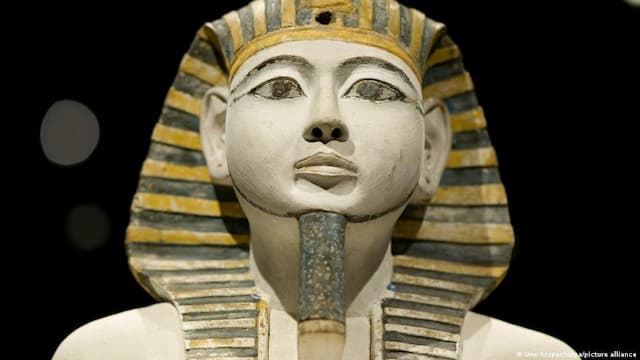Finding your identity
Different cultures have different ways of understanding identity. Who’s right?
Who are you? We all have multiple identities, so which one is the real you?
Are you that smiling person on social media in that photo from years ago? Are you the grumpy one, climbing out of bed without enough sleep? Are you the life of the party, caught up in the moment? Are you the one pulling out the earbuds, wishing the crowd would go away?
Travelling makes us aware that other cultures treat identity differently. In the West, identity is primarily about the person you feel you are (personal identity). In other cultures, people understand themselves primarily in relation to others (social identity).
We all have some social identity, a sense of belonging in a family or workplace or nation. But what’s primary? Is your personal identity derived from your social identity, or does your personal identity give you your social identity? Ironically, the answer to that question probably depends on the culture you grew up in.
In an early episode of The Voice, the judges knocked back a contestant who really couldn’t sing. The cameras spun round to her mother. “How dare you stand in my daughter’s way and block her career? You’re ruining her life!” The tragedy wasn’t just that this was somebody’s embarrassing Mum; it was that this Mum had swallowed what those very same judges had been telling everybody, “You can be anything you want to be if you truly believe in yourself!”
The truth is, you can’t be a singer if you can’t sing. You can’t be an artist if you’re not gifted at drawing. You cannot define yourself to be whatever you want. That’s a libertarian lie promulgated by our Western culture.
We don’t create superpowers for ourselves; we discover gifts God gave us. How do we discover them? Through the feedback we receive from others as we try different things. As shocking as it may sound to contemporary Western ears, our social identity gives us our personal identity.
Romans 12 3 For by the grace given me I say to every one of you: Do not think of yourself more highly than you ought, but rather think of yourself with sober judgment, in accordance with the faith God has distributed to each of you. 4 For just as each of us has one body with many members, and these members do not all have the same function, 5 so in Christ we, though many, form one body, and each member belongs to all the others. (NIV)
I can hear the objections. If we focus on our corporate identity rather than our individual identity, won’t we lose the unique qualities of each person? Won’t that detract from our individual giftedness? Not at all, says Paul. Being a really good foot doesn’t detract from the body; it enables the body to get around the way it should. A good foot isn’t dancing around on its own; it’s enabling the whole body to dance. Our identity comes from finding our place in the corporate setting, and then using that strength for a purpose much greater than the limb on its own.
12 6 We have different gifts, according to the grace given to each of us. If your gift is prophesying, then prophesy in accordance with your faith; 7 if it is serving, then serve; if it is teaching, then teach; 8 if it is to encourage, then give encouragement; if it is giving, then give generously; if it is to lead, do it diligently; if it is to show mercy, do it cheerfully.
Crucially, we derive our identity from who we are in Christ. That’s a corporate identity, but thousands of podcasts still manage to make it all about me: “In Christ, I am forgiven; I am saved; I am whole.” That’s completely backwards. Being in Christ does not make me a superior individual! Being in Christ gives us a social identity (as part of Christ’s body) from which we derive our personal identity (significance beyond your own self).
When you make personal identity the core, you lose. When you save your life for yourself, you lose it. You only find life when you lose yourself in something greater. There’s nothing greater than the restoration of humanity in the Messiah.
For further reading
James M. Houston and Jens Zimmermann (eds), Sources of the Christian Self: A Cultural History of Christian Identity (Eerdmans, 2018).
While I haven’t read it yet, I love the idea of 22 authors from different Christian traditions providing cameos of what identity has meant through the ages: the Old Testament (Abraham, Moses, …), New Testament (Peter, Paul, …), early church (Origen, Augustine, …), middle ages (Anselm, Aquinas, ..), reformation (Luther, Calvin, …), modern world (Edwards, Wesley, ….), and 20th century (Kierkegaard, Barth, …). It would be fascinating to see how these authors dealt with individual identity within these corporate contexts.
[previous: How a new mind transforms the world (Rom. 12:2)]
[next: Genuine love (Rom. 12:9-10)]
Seeking to understand Jesus in the terms he chose to describe himself: son of man (his identity), and kingdom of God (his mission). Riverview College Dean
View all posts by Allen Browne











